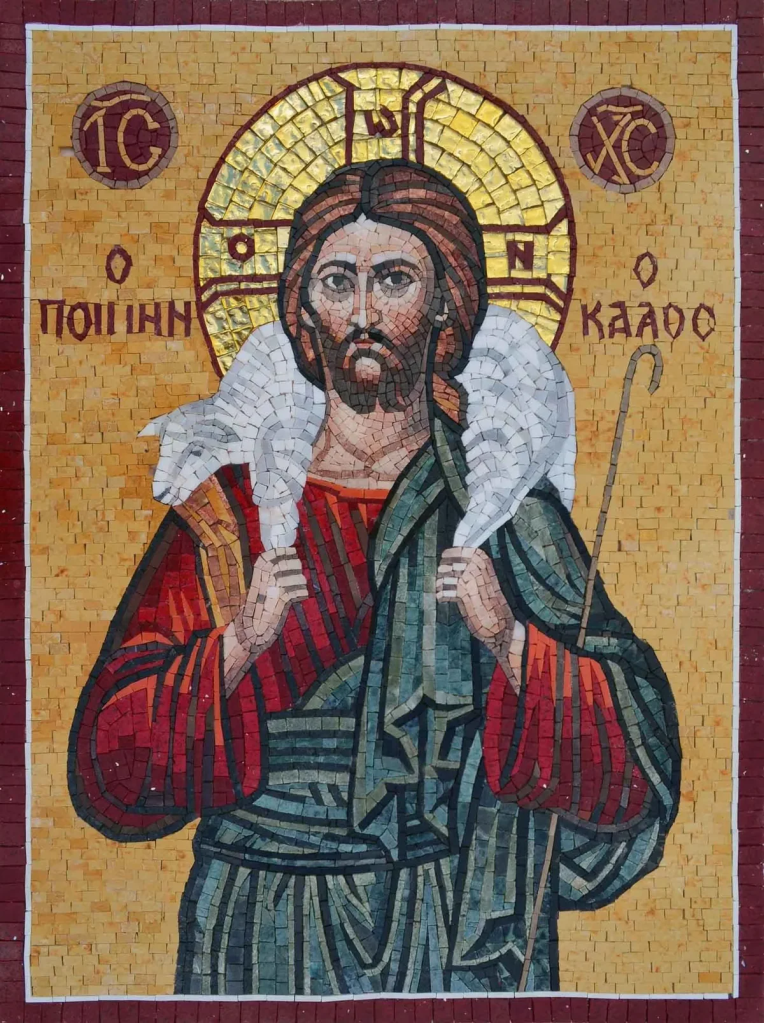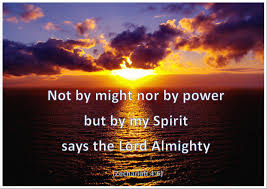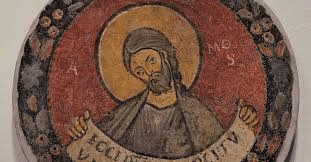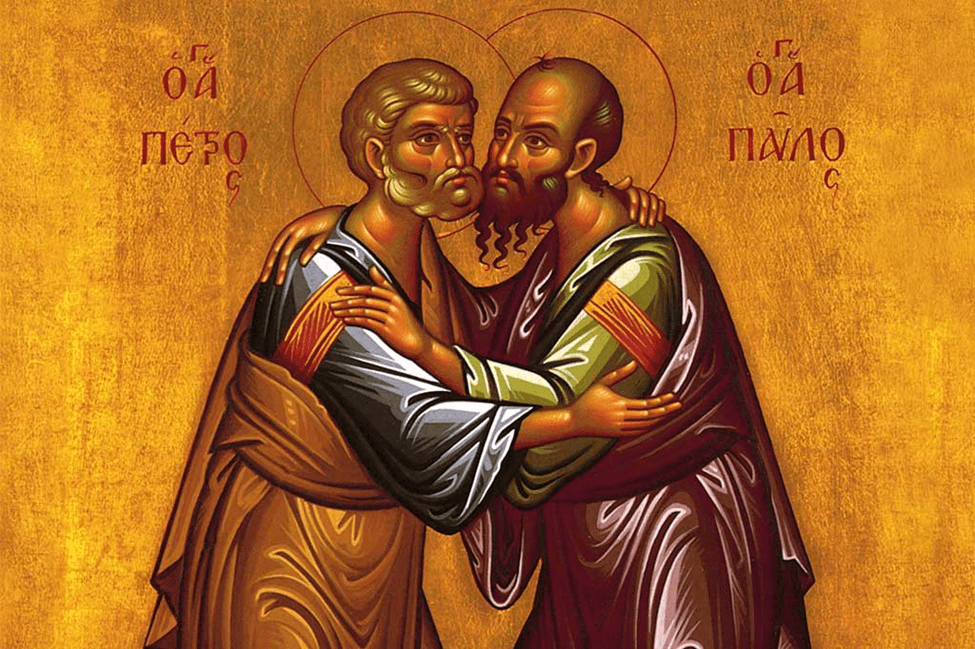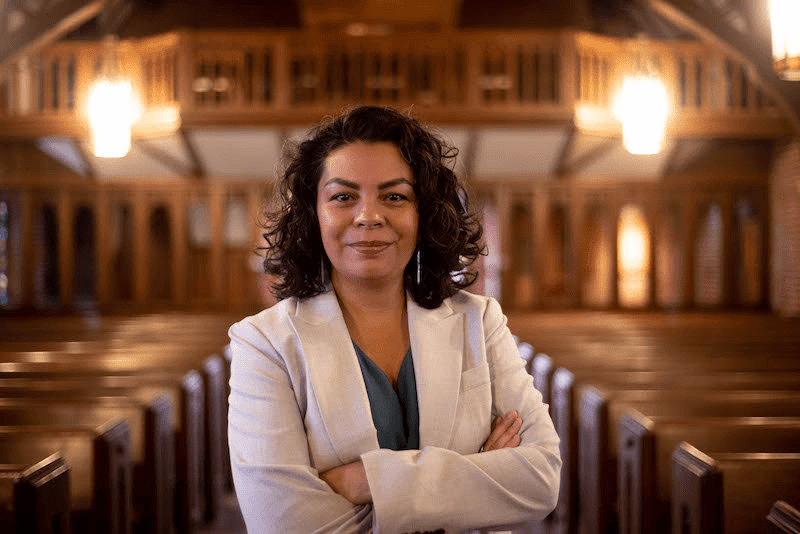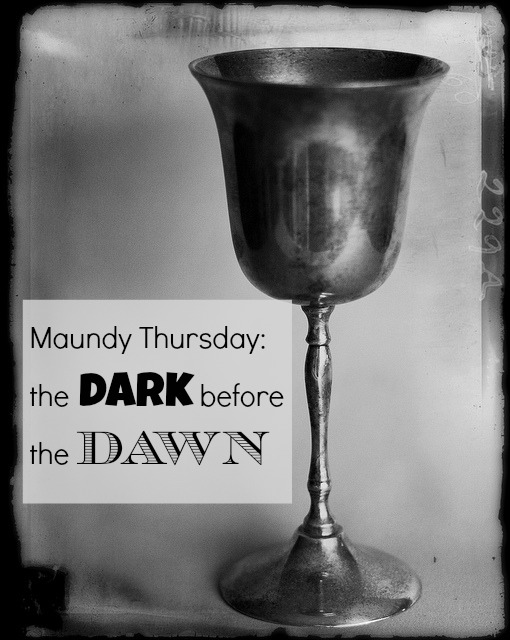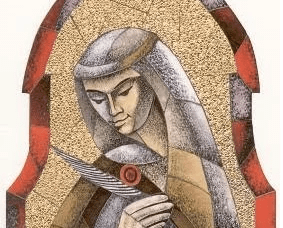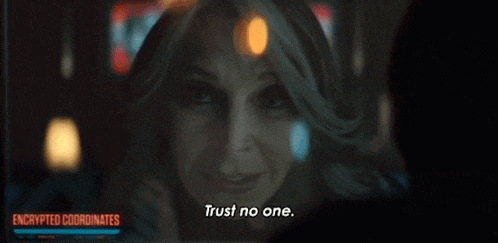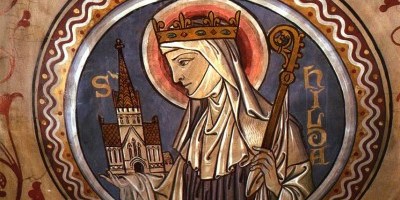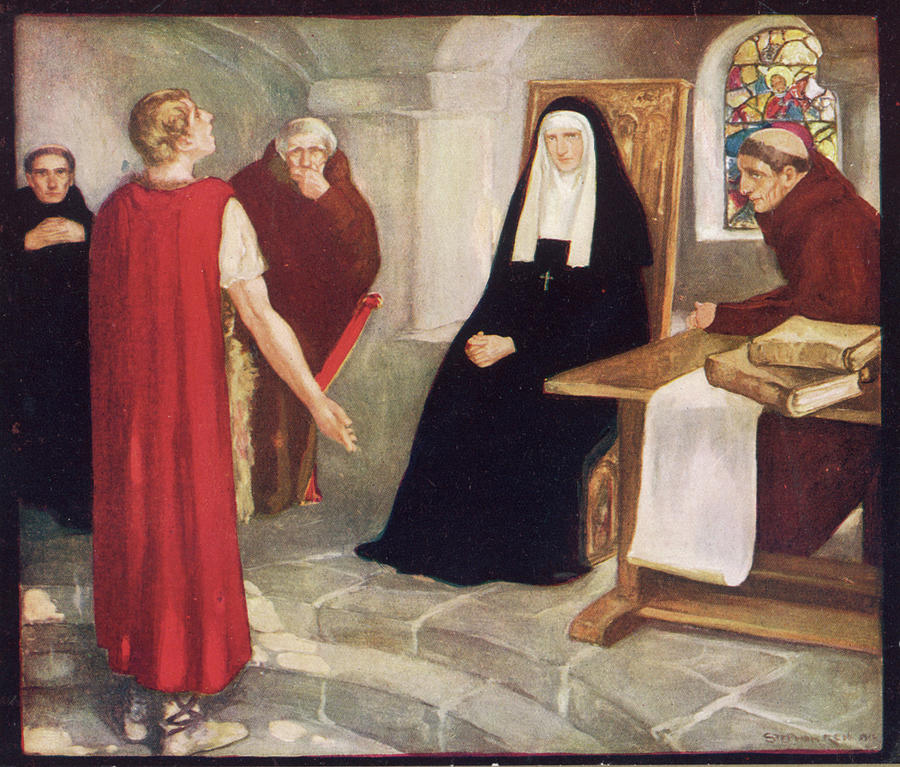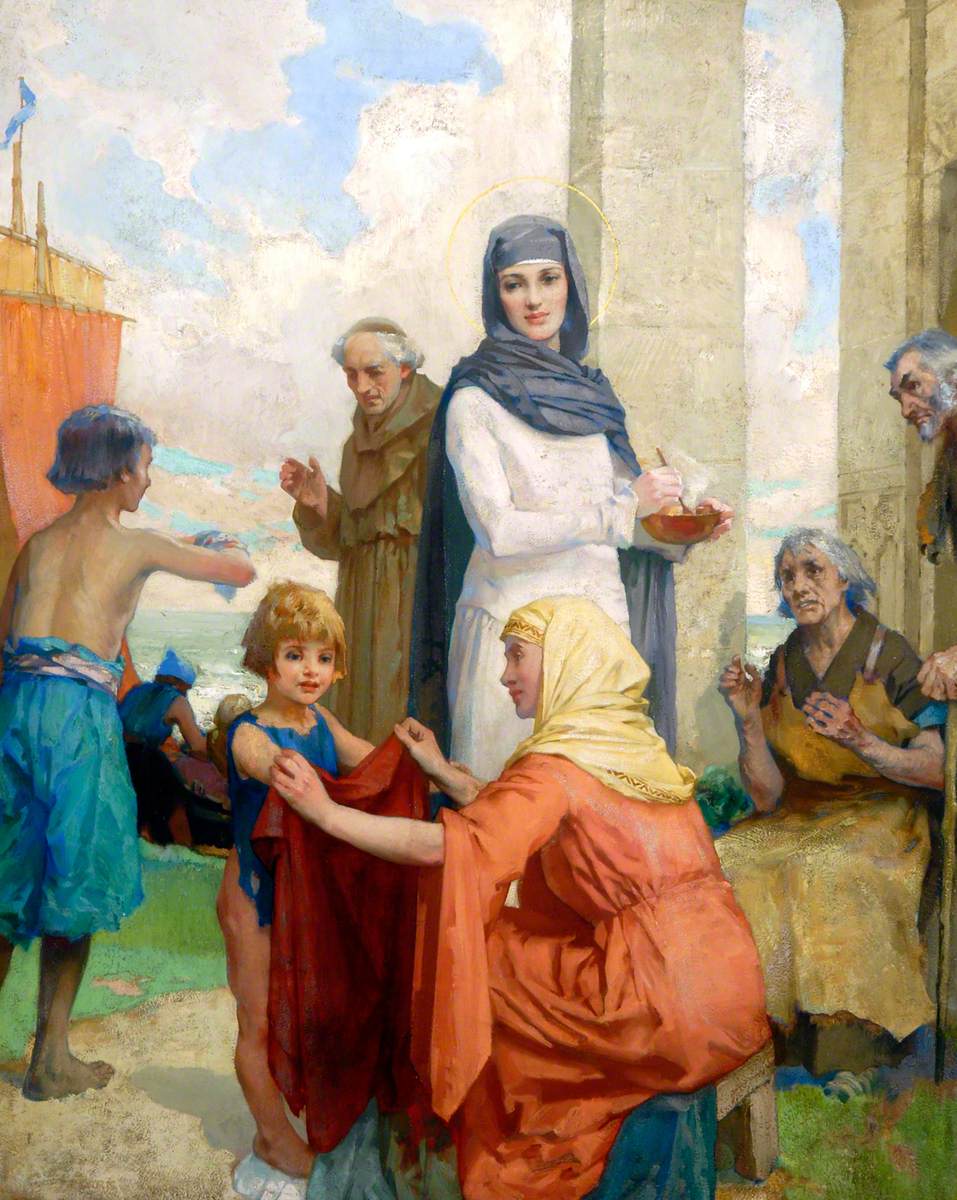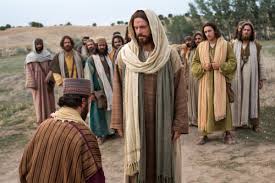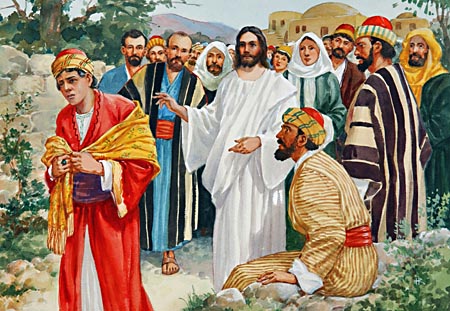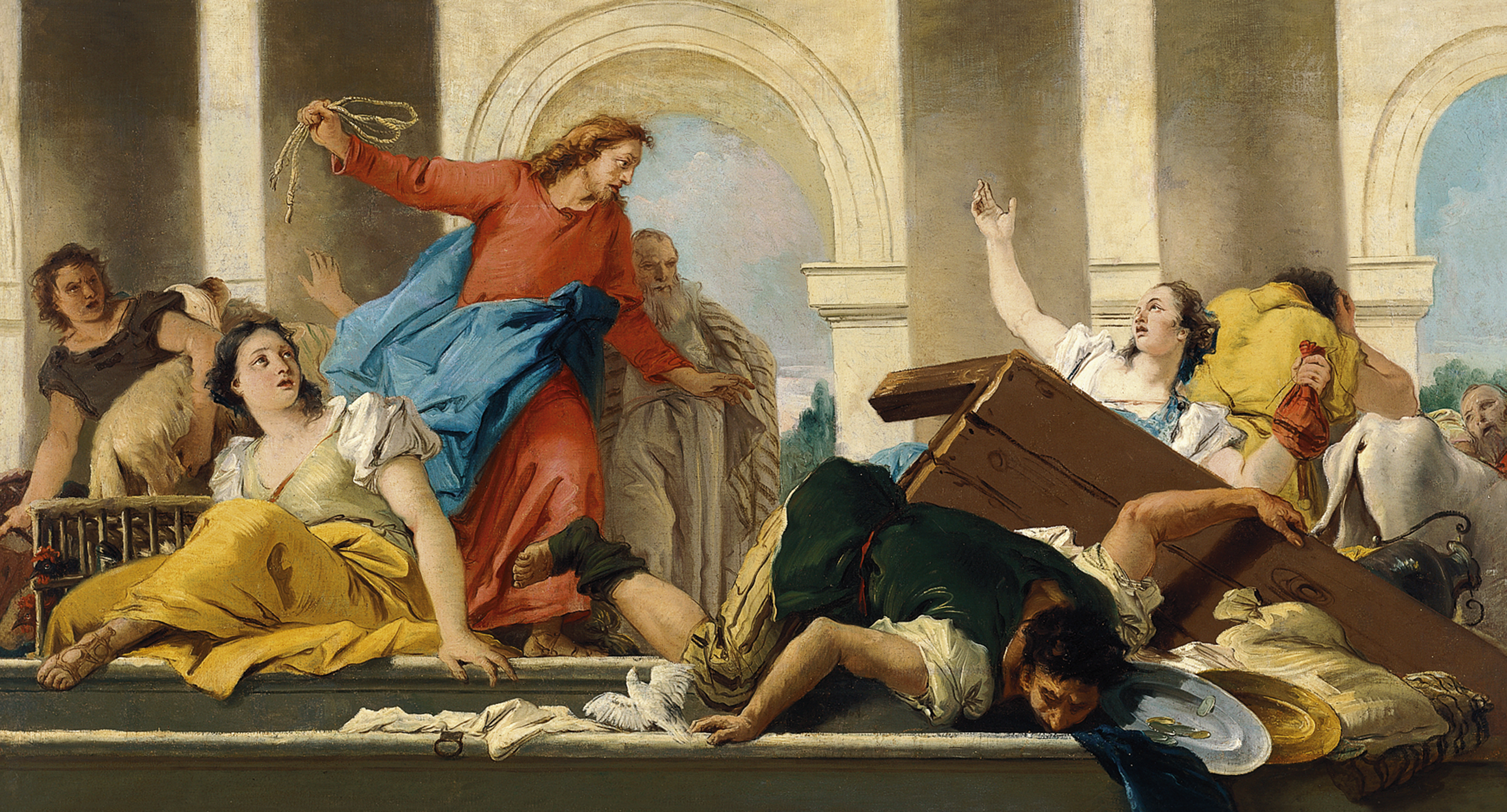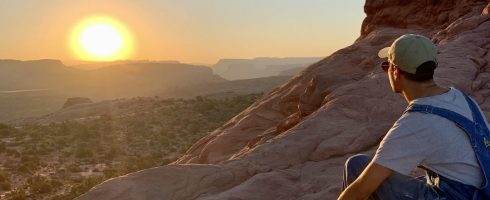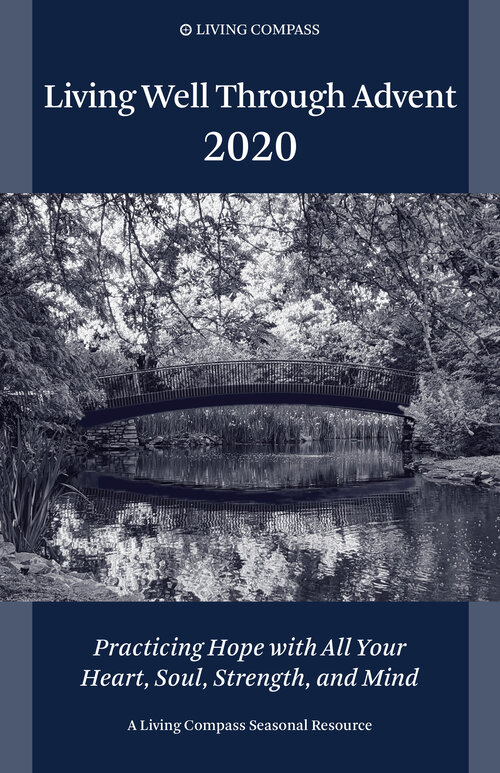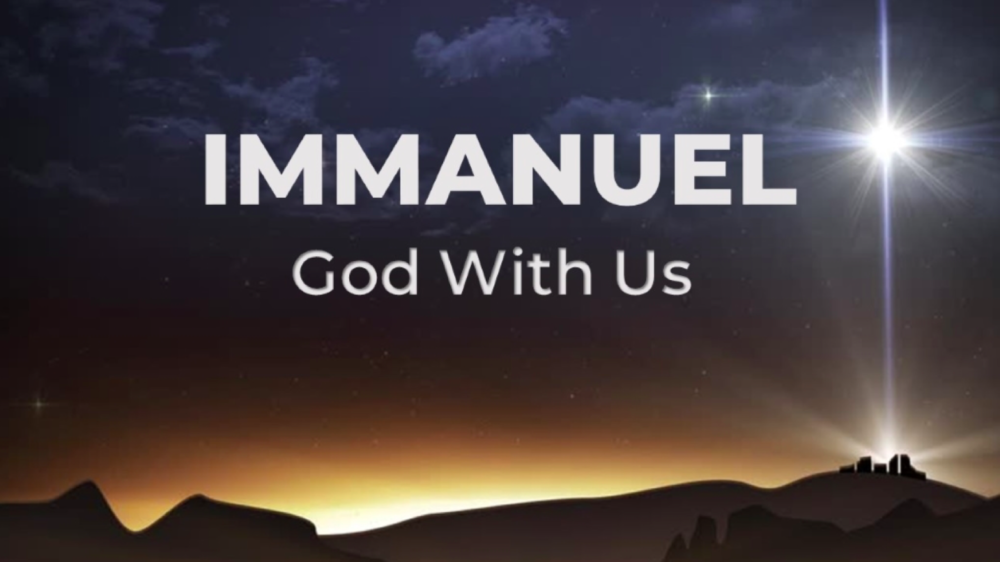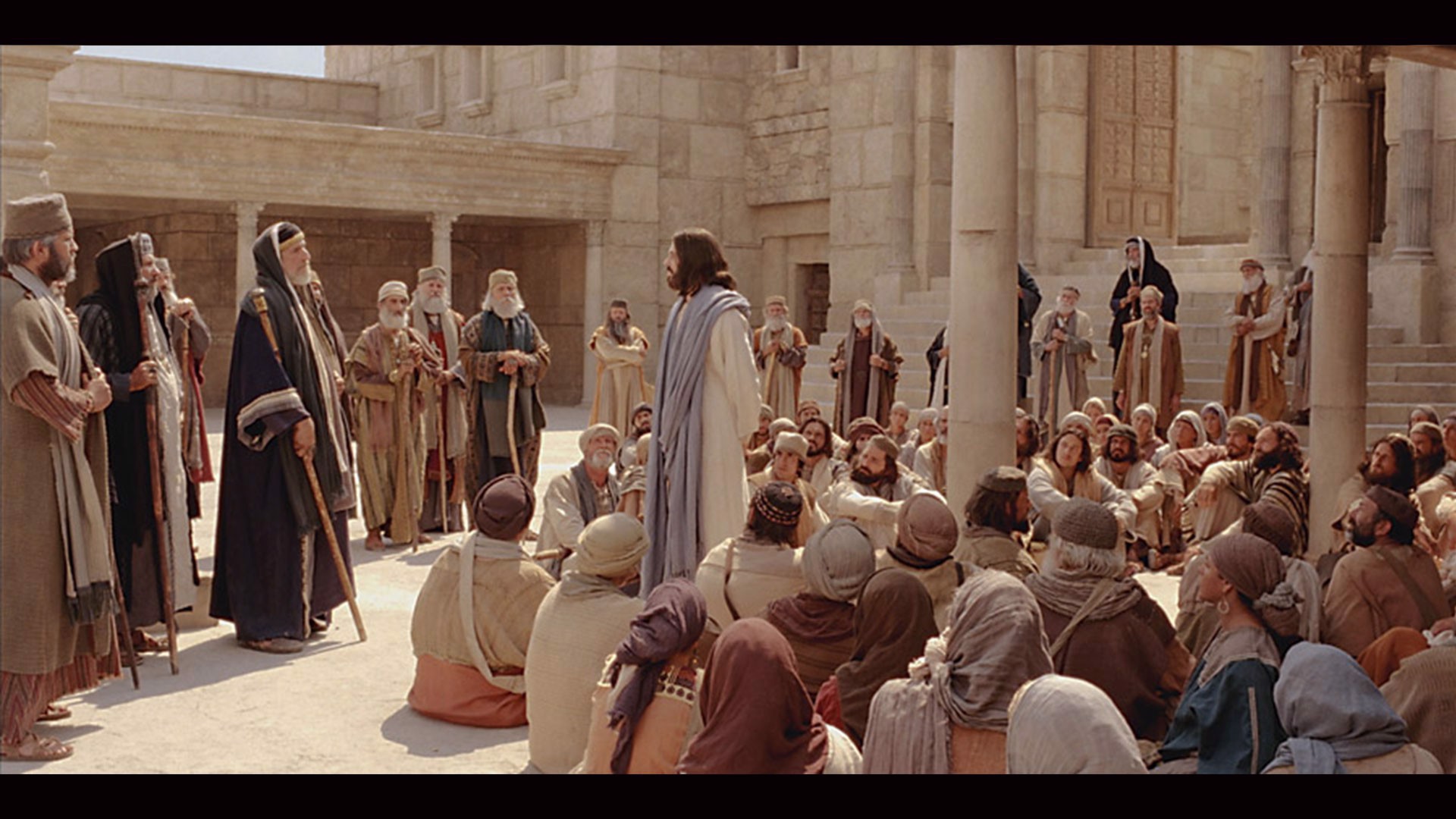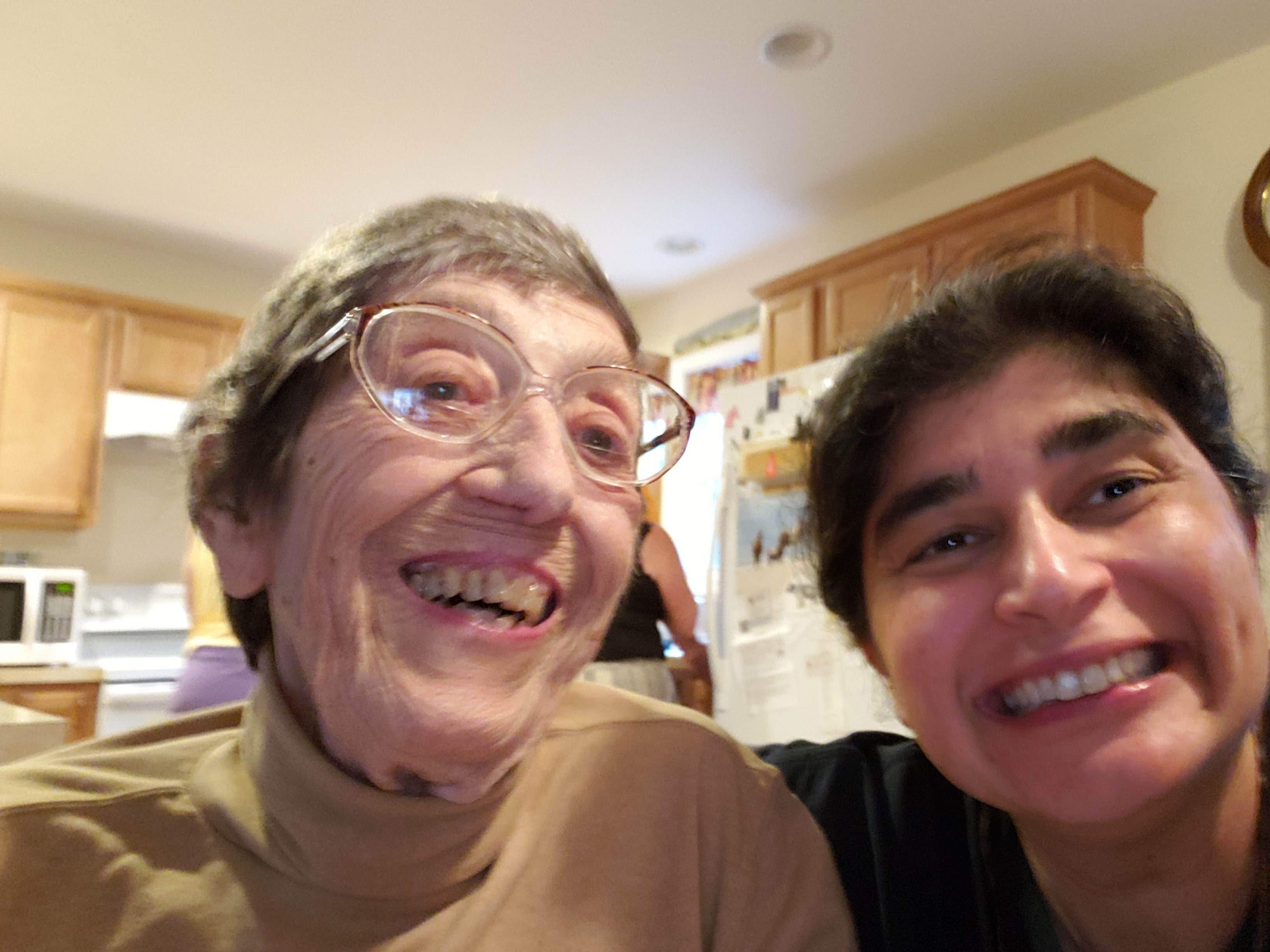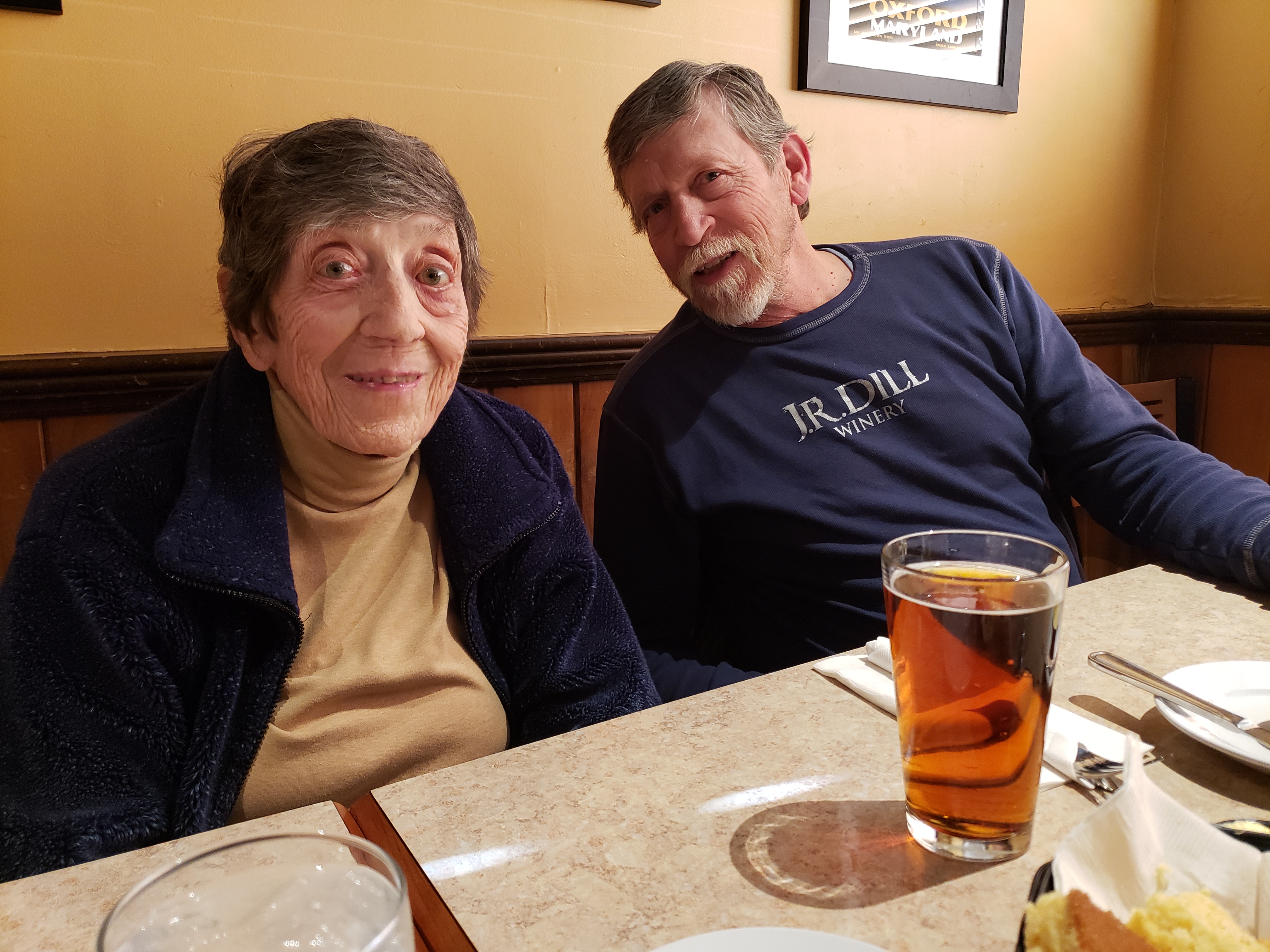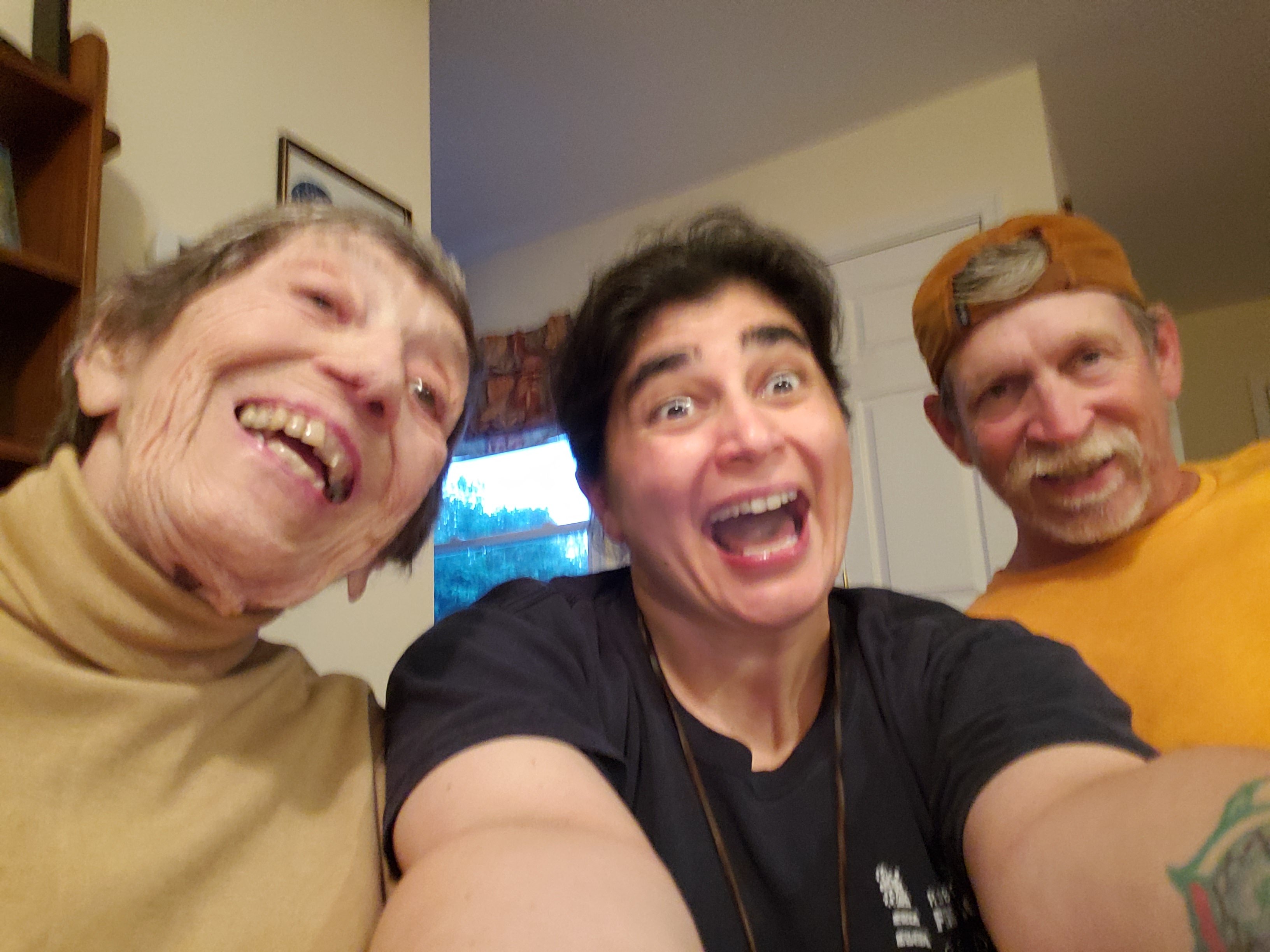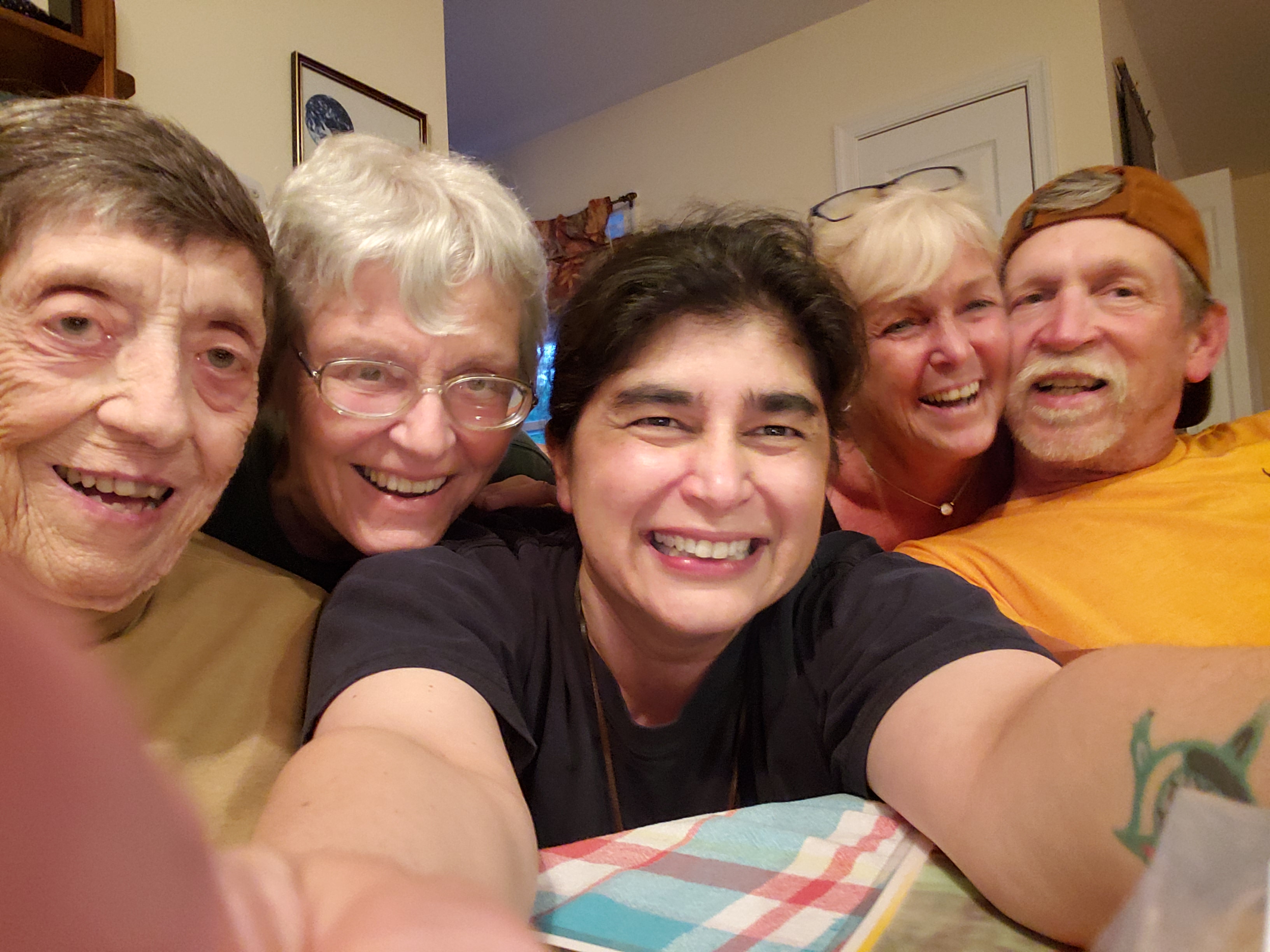
This post is a homily I delivered to the parish I currently serve as “Deacon Vicar,” St. Andrew’s Episcopal Church, Somerset Parish, Princess Anne, Maryland on Sunday, September 14 which was the Fourteenth Sunday after Pentecost, Proper 19.
The Collect of the Day: O God, because without you we are not able to please you, mercifully grant that your Holy Spirit may in all things direct and rule our hearts; through Jesus Christ our Lord, who lives and reigns with you and the Holy Spirit, one God, now and for ever. Amen.
The Lectionary readings: Jeremiah 4:11-12, 22-28, Psalm 14, 1 Timothy 1:12-17 and Luke 15:1-10.
I had a distant uncle (very distant!) whom I met once when I was a teenager. That was on a trip of a lifetime, which I had zero appreciation for in the moment. It’s one of those experiences that cannot be replicated. During the summer in between my sophomore and junior years of high school, my mother, partner and I took a month-long train trip out west. I know Amtrak has a horrible reputation (a lot of which is ‘deserved’) but if you ever have the opportunity to take a long train ride within the United States, I highly recommend it. It’s a great way to see our country!
At the time, I was missing my friends, worrying I was going to miss out on something (that was the kind of teenager I was). My mother and I have recently been ‘revisiting’ that trip, because she routinely goes through our photo albums and brings out photos to show me and guests who happen to be visiting (like what happened at the recent healing service, with that baby picture appearing in a recent Andrewgram). The pictures of course cannot capture the magnificent, majestic landscapes we are blessed to have. We visited the Grand Canyon, Yellowstone National Park, the Grand Tetons National Park, among other sites, as well as Salt Lake City, Utah.
That’s where my uncle (Uncle Stew) lived. And he was a Mormon. He was a pleasant enough fellow. I do not remember too much about him. Unfortunately, most of what I remember is how he tried to convert all of us to the Mormon church! He had us watch countless videos, took us to see some of the Mormon sites (we were not allowed into others because of not belonging to the church, or, at least that’s what he told us).

In light of Charlie Kirk’s assassination on Wednesday afternoon, and learning that the assailant, Tyler Robinson, is supposedly a Mormon, I thought of Uncle Stew. There’s much about the Mormon church that remains a mystery to me. At its core, however, is the Bible and profession of Christ as God’s Son, “who serves as the Savior.” And so, I can only imagine the amount of “soul searching” that is currently happening, within Tyler’s family (also purportedly Mormon) and their faith community at large, regarding how Tyler became a lost sheep, who strayed from the commands of Christ, specifically, in this instance, the command to love his neighbor and not to kill or take another life.
Unfortunately, however, there’s quite a bit of ‘clucking’ happening with respect to his family ‘needing to have done more,’ and the clucking is particularly focused on their failure to keep Tyler from straying and becoming a lost sheep. But there’s also clucking directed at Charlie Kirk, for either opinions expressed, or regarding the ‘type of faith’ he led and professed. The crux of all this clucking wants us to acknowledge how much both – Charlie and Tyler – need/needed to repent, and to be counted again amongst the righteous, as both were….. lost sheep.
Before Kirk was killed, I was reminded of the thief on the cross, who hung next to Jesus at the crucifixion, by way of one of my daily devotional books. As I have watched the horrible social media comments pile here, there and everywhere, I frequently re-read the quote since Kirk’s assassination. It comes from Makarios the Great, a monk in Egypt, who lived in the fourth century. Because today in the Roman Catholic Church is the Feast of the Exultation of the Holy Cross, known as Holy Cross Day in the Episcopal Church (which is transferred to tomorrow since today is Sunday, which takes precedence in our tradition) I want to share it. Here’s what St. Makarios wrote:
All things are possible for God.
Such was the case of the thief [on the cross].
In one moment he was converted through his faith
and was restored to paradise.
It was for this that the Lord came,
so that he might change our souls, re-create them,
and as scripture says,
“make us sharers in the divine nature.”
He will give to our soul a heavenly soul,
which is the Holy Spirit,
who will lead us into the fullness of virtue,
so that we will even start to live the eternal life,
as far as this is now possible. – Makarios the Great
Technically, the thief was a not a lost sheep because prior to that moment he had not professed faith in Christ and it’s a conversion story. But he and those who are lost sheep have one important, very important act to do, before coming or coming back into the fold: profess the Holy Name of Jesus and/or repent, Confess. But each time we confess, for me, we truly do profess the Holy Name of Jesus. We’ll shortly pray our Confession with a profession: for the sake of your Son, Jesus Christ, have mercy on us and forgive us….
Clearly, Tyler needs to do some hard, hard work. I do pray some sort of prison ministry awaits him and that his heart will unharden. I know it’s hard, but Tyler needs our prayers. Even if the shooter ended up being a different race or was indeed part of the transgender community, our prayers are still required. We are to pray, unceasingly, even when and especially when hearts remain hardened. It’s quite possible Tyler and even Dylan Roof (the Charleston, Mother Emmanuel shooter) will eventually be part of the fold. Think about that(!). If (…big if…) Dylan Roof truly does the hard, needed work, Professes and Repents/ Confesses, even after methodically killing 9 unarmed African American Bible study attendees, he would be our brother in Christ. That’s an uncomforting, unsettling thought. But to authentically proclaim, may have us be unsettled, uncomfortable, out of our comfort zones (think back to my recent homily about Jesus coming to ‘cause division’).
And Charlie Kirk? Well…not doubt it’s going to depend on your perspective and how you perceived him. Remember this: he professed Jesus and yet, like us, all of us, was a sinner. The church is comprised of sinners, weekly we confess our sins, because as we prayed in this morning’s Collect, without God, we are unable to please him without the grace of the Holy Spirit. Because we too can get lost. You may want to check your bearings; Jesus may indeed be out looking for you right now. Ask: am I the lost sheep? We cannot pretend to know what was further required of Charlie Kirk when called to account at the last Great Day, which, unfortunately, for him the last day was this past Wednesday afternoon at around 2:20 p.m. EST.
I’m a member of the LGBTQ+ community. I admittedly did not pay too close attention to Charlie Kirk because he and I had differing takes with respect to “the gay issue.” Even with that, I do feel confident he would have sat down with me to have a conversation in the same way Pastor Timothy Keller would have (I spoke about that in a homily that focused on Timothy Keller when he died). While I do take issue with “love the sinner, hate the sin” ‘approach’ with respect to ‘the gay issue[1],’ I want to highlight two areas of misconceptions that I stumbled across since Kirk died because I’m frankly beyond sick and tired of watching on my phone or laptop someone getting shot and then dying, with having to then watch a wave of celebration erupt after the person dies.
Too many in the ‘celebratory camp’ shared a portion of a quote from Kirk and it was not flattering. As is usually the case, the entire quote was not shared but clipped. The quote:
[clipped quote “I can’t STAND the word empathy, actually. I think empathy is a made-up, new-age term, and it does a lot of damage.”] But the full quote continues “I much prefer the word compassion, and I much prefer the word sympathy. Empathy is where you try to feel someone’s pain and sorrows as if they’re your own. compassion allows for understanding.” Our Christian canon (NT) was written in Greek; there is an underlining Greek word for empathy, but it’s fairly modern, coming I believe from the field of psychology. So, I would not necessarily frame empathy as ‘new-age’ but yes, many Bible translations have Jesus being moved with pity… or compassion.
As for ‘the gay issue’: just after Kirk was killed, a gay African American conservative political activist (also a highly decorated Army combat veteran), Rob Smith, shared about a scary, vile experience he had to endure at an event. Charlie Kirk was there. From how Smith wrote the description from the evening, even with being an Army combat veteran, he was quite shaken and perhaps scared. Charlie came to his defense, saying to him: “God loves you, you are a part of this movement, and we’ve got your back.” I believe since that night, Smith has left the Republican party but still remains committed to conservative causes (though those who know me know that I do not like using these type of labels, i.e. conservative/liberal etc., because it’s now much apart of our polarization and division. But I also know we need to be able to communicate with having a field of reference and that’s why I chose to us the partisan label). He has had multiple posts since that sharing, grieving Charlie Kirk’s death, and condemning the celebratory posts.

So, again, who is lost? Who is Jesus looking for? If you think you know, then I encourage you to get out your compass (Bible), check your bearings, spend some time with God, and maybe even look over your shoulder…Jesus may be walking towards you, looking quite worried. Because there is joy in the presence of the angels of God over one sinner who repents.
In honor of the Feast of the Exultation of the Holy Cross (Holy Cross Day):
We adore you, O Christ, and we bless you,
because by your Holy Cross you have redeemed the world.
Amen.
[1] Meaning, when I finally came to peace with who I am (not what I am) it was due to what we see in Psalm 139 and the beginning of Jeremiah: “For it was you who formed my inward parts; you knit me together in my mother’s womb. I praise you, for I am fearfully and wonderfully made.” For me, God does not make mistakes. And as I have stated in a prior homily, I do struggle with aspects of the transgender issue (i.e. permitting children under age 25 to begin the process and permitting sports competition in the claimed gender preference) but I personally know folks who are transgender and remain in dialogue and conversation.

